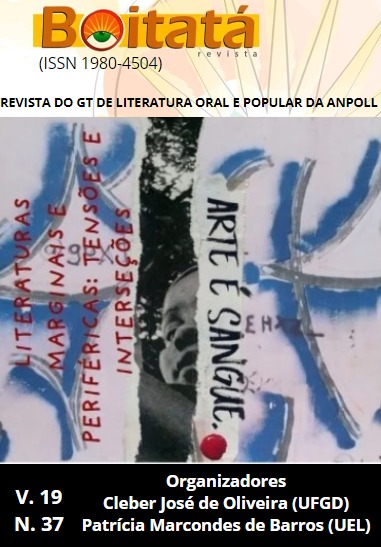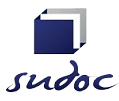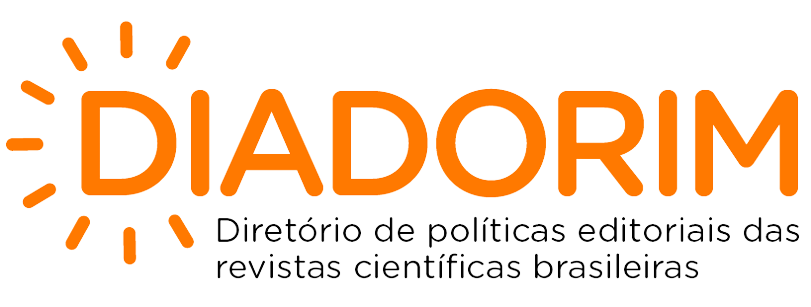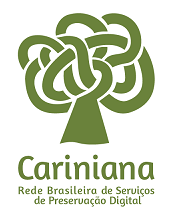Discursive interaction and subjectivation in contemporary conditions of marginal literary staging
DOI:
https://doi.org/10.5433/boitata.2024v19.e50399Keywords:
Marginal literature, Subject, Enunciation, FreireAbstract
In Brazil, in the 1970s, a type of production emerged whose voices define a transgressive position particularized by aspects of the periphery, their place of speech. Since then, writers have shown their living conditions and the problems of individuals far from urban centers. Such spokespeople distance themselves from prestigious writing. It is Marginal Literature, whose expression has its own identity, highlighting a marginalized condition by transgressing social norms as a form of resistance. In this direction, our article studies the manifestations of the subjects in the literary production Solar dos Príncipes, by Marcelino Freire, which problematizes the tensions of life in the periphery. We verify how subjects inscribe themselves in the literary scenography and position themselves in relation to violence, discursive interaction amidst the complexity of a society marked by ethnic-racial issues and inequality. To do this, we resort to the foundations of Discourse Analysis, proposed by Maingueneau (1993, 2015, 2018), in which Linguistics and Literature dialogue. Authors who discuss Marginal Literature: Ferréz (2005), Schollhammer (2009), Patrocínio (2013), Tennina (2017), Matos (2020, 2023) and Matos and Nascimento (2022) complement our discussion. The results point to a literature of resistance in the face of nonconformity and socioeconomic and cultural inequalities of those who live on the periphery.
Downloads
References
ANGERMULLER, J. Análise do discurso pós-estruturalista: as vozes do sujeito em Lacan, Althusser, Foucault, Derrida e Sollers. Tradução de Roberto Baronas. Campinas: Pontes, 2016.
BENVENISTE, E. Problemas de linguística geral. Campinas: Pontes; Editora da Unicamp, 1995. v. 1.
FERRÉZ. Terrorismo literário. In: FERRÉZ (org.). Literatura marginal: talentos da escrita periférica. Rio de Janeiro: Agir, 2005. p. 9-14.
FREIRE, M. Contos negreiros. Rio de Janeiro: Record, 2015.
MAINGUENEAU, D. Discurso e análise do discurso. Tradução de Sírio Possenti. São Paulo: Parábola, 2015.
MAINGUENEAU, D. Discurso literário. Tradução de Adail Sobral. 2. ed. São Paulo: Contexto, 2018.
MAINGUENEAU, D. O contexto da obra literária. São Paulo: Martins Fontes, 1993.
MATOS, E. F. A concepção de literatura marginal. Verbum, São Paulo, v. 1, n. 1, p. 241-243, maio 2023. DOI: https://doi.org/10.23925/2316-3267.2023v12i1p241-243.
MATOS, E. F. Enunciação estético-marginal no discurso literário contos negreiros, de Marcelino Freire. 125 f. Dissertação (Mestrado em Língua Portuguesa) – Pontifícia Universidade Católica de São Paulo, 2020. Disponível em: https://bdtd.ibict.br/vufind/Record/PUC_SP-1_754ddff6a2fd281a99f2e09a970dbb98.
MATOS, E. F.; NASCIMENTO, J. V. Cenografia literária no discurso periférico nação zumbi de Marcelino Freire. Grau Zero, Alagoinhas, v. 10, n. 1, p. 21-44, nov. 2022. DOI: https://doi.org/10.30620/gz.v10n1.p21
OLIVEIRA, N. de (org.). Geração 90: manuscritos de computador: os melhores contistas brasileiros surgidos no final do século XX. São Paulo: Boitempo, 2001.
PATROCÍNIO, P. R. T. Escritos à margem: a presença de autores de periferia na cena literária brasileira. Rio de Janeiro: Letras: Faperj, 2013.
SCHOLLHAMMER, K. E. Ficção brasileira contemporânea. Rio de Janeiro: Civilização Brasileira, 2009. (Coleção Contemporânea: Filosofia, literatura e artes).
TENNINA, L. Cuidado com os poetas! literatura e periferia na cidade de São Paulo. Tradução de Ary Pimentel. Porto Alegre: Zouk, 2017. (Coleção Estudos de Literaturas Contemporâneas).
VIEIRA, A. D. O clarim dos marginalizados: temas sobre a literatura marginal/periférica. Curitiba: Appris, 2015.
Downloads
Published
How to Cite
Issue
Section
License
Copyright (c) 2024 Edmar Ferreira de Matos

This work is licensed under a Creative Commons Attribution 4.0 International License.
Boitatá esta licenciada com CC BY sob essa licença é possível: Compartilhar - copiar e redistribuir o material em qualquer suporte ou formato. Adaptar - remixar, transformar, e criar a partir do material, atribuindo o devido crédito e prover um link para a licença e indicar se mudanças foram feitas.




















